To keep competitors at bay, GCMMF has drawn up an expansion blueprint worth Rs 800 crores for the domestic market.
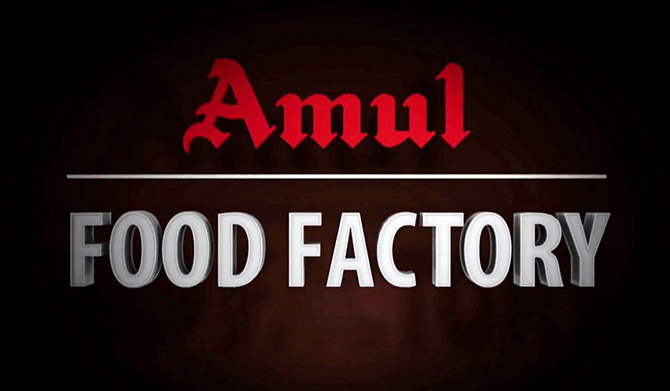
After years of comfortably dominating the dairy market, Amul’s turf is being encroached upon by a bunch of new entrants.
From big multinationals to local dairy giants, there is a rush of brands preying on its market and Gujarat Cooperative Milk Marketing Federation, owner of the Amul brand, is fighting back. With more ambitious brand associations, a stronger supply chain and a technological upgrade for its processing facilities, the cooperative is going all out to protect brand Amul.
To keep competitors at bay, GCMMF has drawn up an expansion blueprint worth Rs 800 crores for the domestic market that looks to bolster the milk supply chain, give a technological boost to its milk processing units and strengthen its brand extensions in frozen Indian snacks and sweets. Its strategy is driven by increased competition at home and a desire to position itself as a global brand.
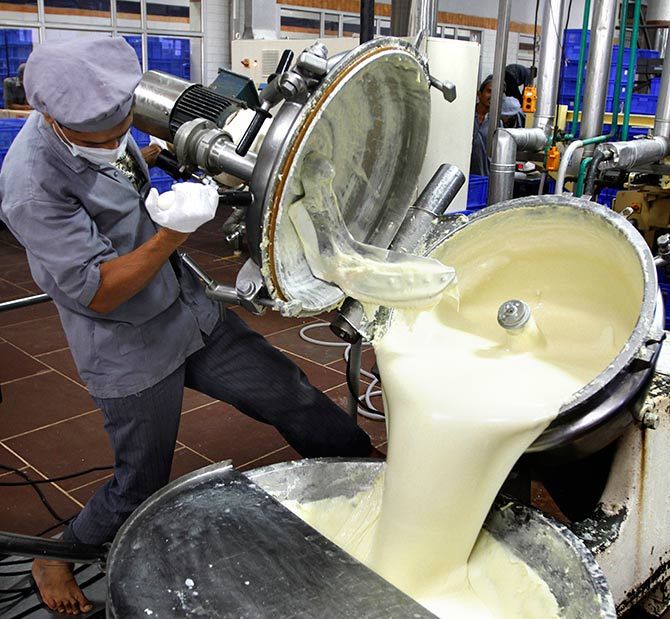
At home, Pepsico has just announced its entry into the market with the Quaker brand following Coke, Patanjali and ITC. Private dairies such as Prabhat, Dynamix Schreiber and other local brands are getting more aggressive and the old hands, Nestle and Mother Dairy, are expanding their product range and brand footprint. While there is no immediate threat to Amul’s leadership, analysts anticipate supply pressures on the country’s milk production.
GCMMF is also keen to position Amul as a global player. Amul was the prime sponsor of the New Zealand cricket team for the Champions Trophy in England. It got high visibility as the prime sponsor of the Black Caps, besides of course aligning with a country known as the dairy capital of the world. Amul was also the official sponsor for the Indian Rio contingent for the Olympics 2016.
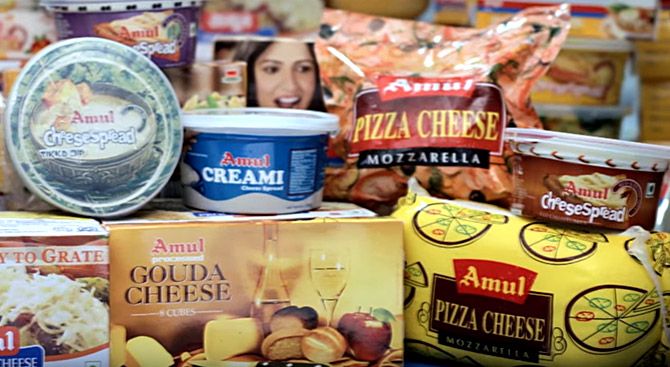
R S Sodhi, MD, GCMMF. recently claimed that Amul is a bigger brand than Hindustan Unilever today.
Turnover of GCMMF has increased by about 3.5 times in the last seven years. The provisional unduplicated group turnover of member unions of Amul group has crossed Rs 38,000 crores. While HUL clocked Rs 36,128 crores for 2016-17.
GCMMF’s current turnover (2016-17) is Rs 27,000 crores. It aims to take this to Rs 50,000 crores by 2020-21. While the federation has been clocking a compounded annual growth rate of 20 per cent for seven years, maintaining a similar rate of growth is not going to be easy in the long run. The key challenge is procurement of milk.
Milk in the bank
The 18 member unions of GCMMF provide around 17.7 million litres of milk per day. GCMMF ranks among the top 13 dairy companies of the world in terms of milk processing as per International Farm Comparison Network. Analysts point out that the challenge is not only to keep the procurement steady, but also increase continuously on a high base.
Sodhi says they plan to add 50,000 to 100,000 farmers every year for the next three years. The member unions of GCMMF have also started creating their own processing plants in states like Haryana, Uttar Pradesh, Maharashtra, Madhya Pradesh, West Bengal and Rajasthan. Milk procurement from other states has also been initiated.
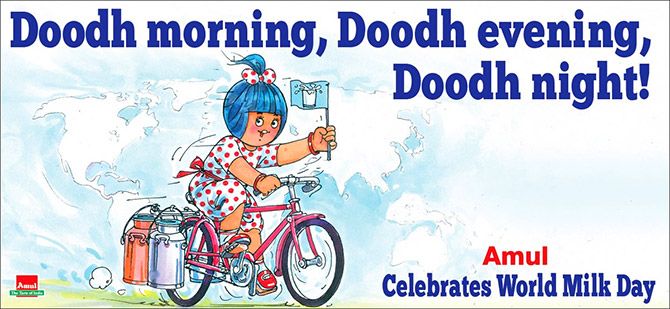
GCMMF plans to enhance its milk processing capacity from the current level of 32 to 40 mlpd in the next three years. It has invested Rs 1,500 crores already for an increase of capacities by 5 mlpd in the last three years. Future expansions will come at a higher price as it will need to pay higher procurement prices to its farmers, which are already among the highest in the country.
Adding value
GCMMF is also keen to raise its earnings from value-added products such as yoghurt, chocolates and cheese. Jethabhai Patel, chairman GCMMF said, “Based on estimated growth in market demand and our future marketing efforts, we anticipate at least 20 per cent CAGR growth in the business of GCMMF during the next five years.”
The federation has started working on enhancing capacity to meet demand and has already trebled its cheese-making capacity.
“Chocolates are another area we are focussing on. Demand is growing at 25 to30 per cent CAGR. We plan to increase our chocolates capacity five times to 2,000 tonnes per month by investing around Rs 150 crore at our plant in Anand,” Sodhi said.

At present, VAP and liquid milk have an equal share in GCMMF’s overall turnover. Sodhi does not see much change in this ratio because both are growing at a similar pace. While VAP is growing at 10 to 15 per cent volume wise, milk volumes are growing at 9 to 10 per cent. Both are clocking a 19 per cent CAGR in value terms, he says.
Amul is adding to its milk powder manufacturing capacity, demand for which has burgeoned.
“We are also doing significant capacity expansion for chocolates and paneer, to the magnitude of 7.8-8 mlpd with a proposed outlay of Rs 2,200 crores,” Sodhi said.
All of this will be matched by a wider distribution network. “Our direct reach is in approximately 3,000 cities and towns plus another 3,600 through our super distribution network. We aim to double this in the next three to four years,” Sodhi said.




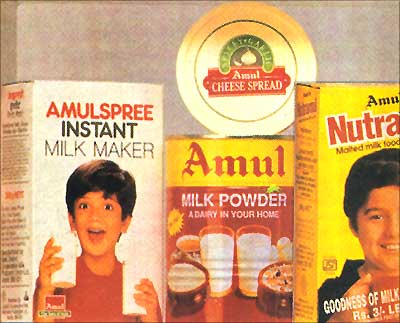
.jpg)






 © 2025
© 2025